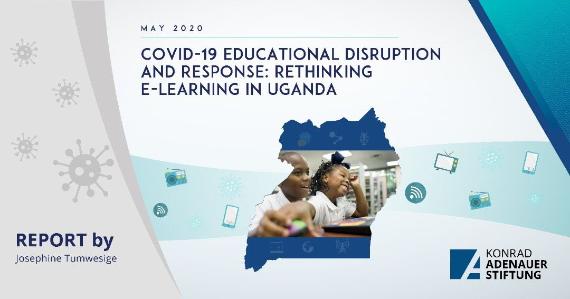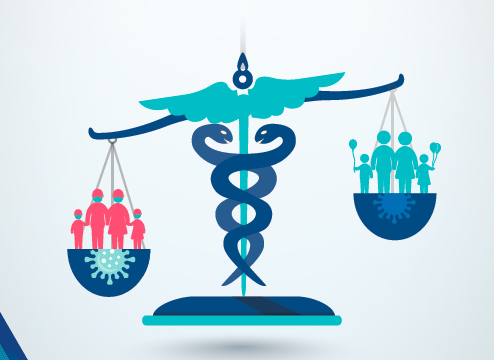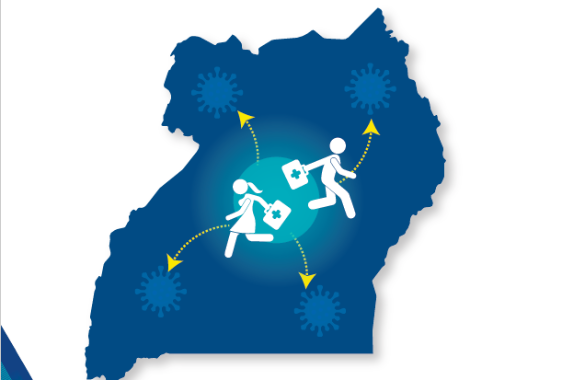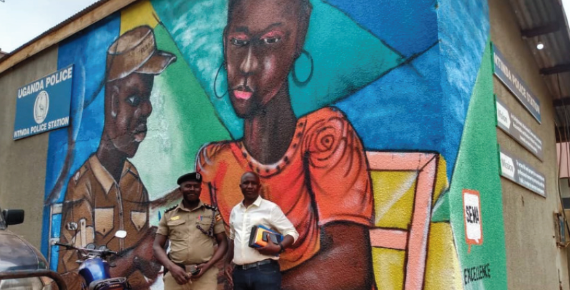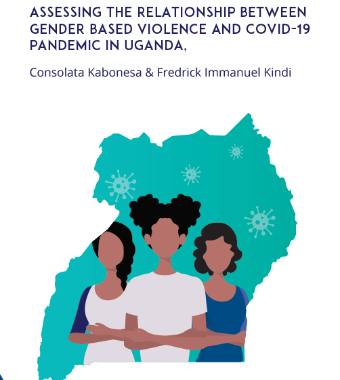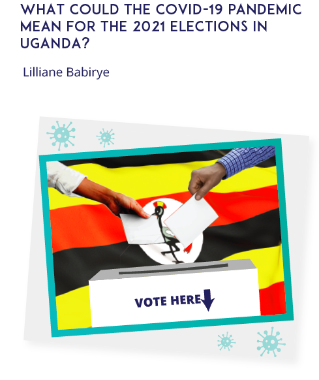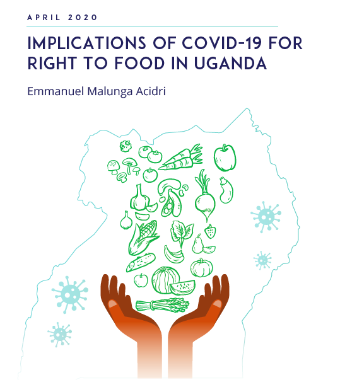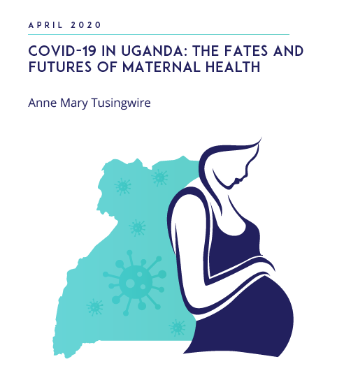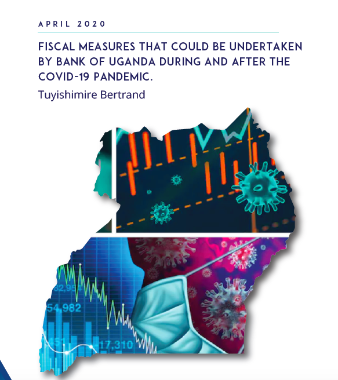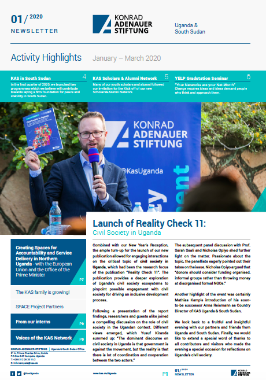Publikationen - Auslandsbüro Uganda und Südsudan
Länderberichte
Politische Kurzberichte der KAS-Auslandsbüros
Die Konrad-Adenauer-Stiftung ist in rund 110 Ländern auf fünf Kontinenten mit einem eigenen Büro vertreten. Die Auslandsmitarbeiter vor Ort können aus erster Hand über aktuelle Ereignisse und langfristige Entwicklungen in ihrem Einsatzland berichten. In den "Länderberichten" bieten sie den Nutzern der Webseite der Konrad-Adenauer-Stiftung exklusiv Analysen, Hintergrundinformationen und Einschätzungen.
Veranstaltungsberichte
Die Konrad-Adenauer-Stiftung, ihre Bildungsforen und Auslandsbüros bieten jährlich mehrere tausend Veranstaltungen zu wechselnden Themen an. Über ausgewählte Konferenzen, Events, Symposien etc. berichten wir aktuell und exklusiv für Sie unter www.kas.de. Hier finden Sie neben einer inhaltlichen Zusammenfassung auch Zusatzmaterialien wie Bilder, Redemanuskripte, Videos oder Audiomitschnitte.
ARISE
A Women’s Development Magazine
ARISE magazine features varying issues around women and development in Uganda. Whether women wearing uniform, working as farmers, or holding political offices: We review the trends and challenges women face in Uganda. The magazine has been published in cooperation with Action for Development since 1990.
Reality Check
Die Serie analysiert politische, soziale und wirtschaftliche Themen der politischen Tagesordnung Ugandas und unterzieht sie einer kritischen Untersuchung. Reality Check wird in Kooperation mit dem Centre for Development Alternatives veröffentlicht.
Economic Policy Paper Series
Wir stellen die Wirtschaftspolitik Ugandas auf den Prüfstand: Wie gestaltet sich wirtschaftlicher Fortschritt im Land? Welche Hindernisse stehen ihm im Weg? Welche Wirtschaftszweige haben das Potential, zum notwendigen wirtschaftlichen Strukturwandel im Land beizutragen und Arbeitsplätze zu schaffen? Und welche Aufgabe kommen dabei dem Privatsektor und dem Staat zu? Die Economic Policy Paper Series wird in Kooperation mit dem Centre for Development Alternatives veröffentlicht.



